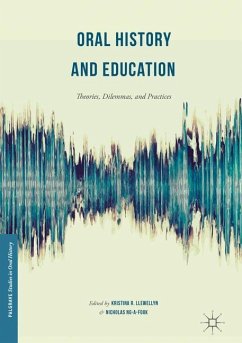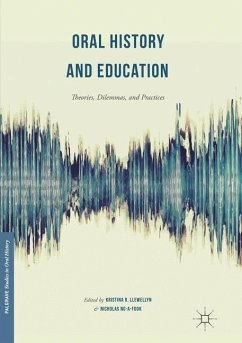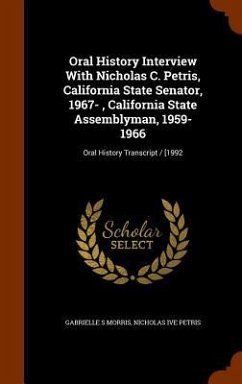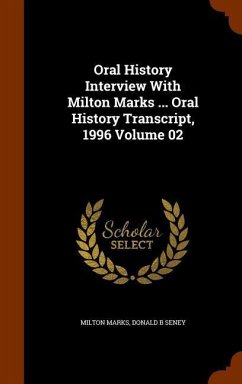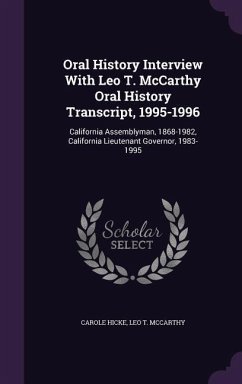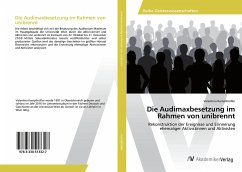
Teaching Oral History at University

PAYBACK Punkte
0 °P sammeln!
Oral history brings the past to life through personal and plays an important role not only in the culture of remembrance. In dealing with aspects of contemporary history, methodological knowledge of oral history is becoming increasingly relevant. Written in clear language, this volume contains step-by-step instructions, detailed advice, checklists and exercises to help teachers convey the concept of oral history. It offers teachers a useful toolkit for teaching methodological grounding, practical skills and abilities, and highlights the social significance of oral history, its challenges and p...
Oral history brings the past to life through personal and plays an important role not only in the culture of remembrance. In dealing with aspects of contemporary history, methodological knowledge of oral history is becoming increasingly relevant. Written in clear language, this volume contains step-by-step instructions, detailed advice, checklists and exercises to help teachers convey the concept of oral history. It offers teachers a useful toolkit for teaching methodological grounding, practical skills and abilities, and highlights the social significance of oral history, its challenges and potential.
Dieser Artikel kann nur an eine deutsche Lieferadresse ausgeliefert werden.






